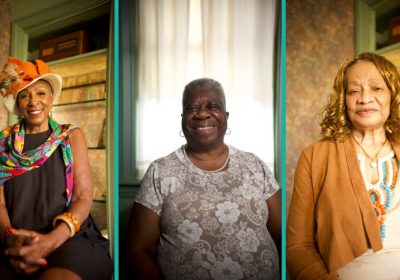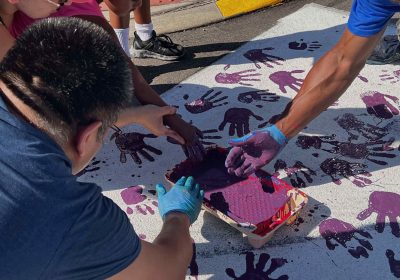By Karen Price
Twyla Simpkins remembers being a little girl and mashing up crayon shavings so that she could color the people in pictures to look like her.
From that very early desire to see herself in the world grew an interest in finding Black history memorabilia and artifacts, and a passion for collecting and sharing it with others. Now 70 years old, the lifelong Chester resident, longtime educator and founder of the Yes We Can Achievement and Cultural Center in Chester is also a collaborator with PA Humanities. She shares her stories in a regular feature on the Chester Made website called “Ms. T’s Corner” and serves as an advisor on the Chester Made Digital Stories project. She also helped lead a program on community archiving called “Archeology and Identity: Connecting People and Things” and ran a summer camp for Chester youth focusing on the history and culture of their hometown.
Simpkins is known as Chester’s modern day historian, with her deep knowledge of the city’s history as well as her sizable collection of Black history that includes everything from Tuskegee Airmen and Buffalo Soldiers memorabilia to Black Santas, Green Books, dolls (over 700, to be exact), magnets, artwork, jewelry, figurines, documents and archival pieces and items specifically related to Chester Black history.
In celebration of Women’s History Month, Simpkins is sharing the stories of nine prominent Chester women who are working to better the quality of life in the city. You can find those stories here:
We caught up with Ms. T to talk about how her interest in history evolved. Our conversation has been edited for length.
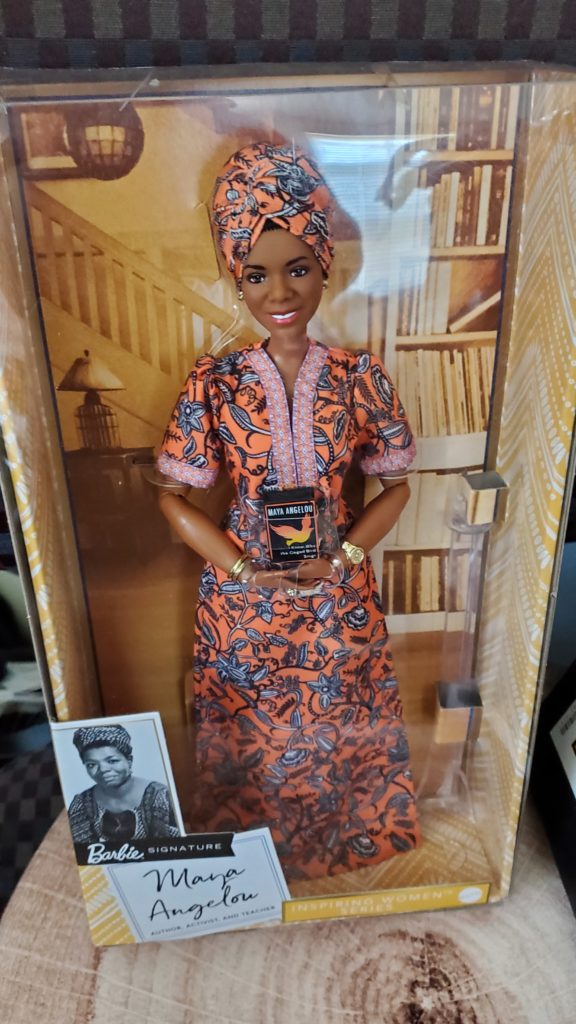
How did you first become interested in collecting and preserving history?
I was always just saving something: dolls, toys, pictures, just anything and everything that looked like me. As I got older I had to figure out what I was going to do with all of this stuff. At the time, I was working with a youth group and we decided to feature my collection and call it The Saturday Museum. I got special permission from the school where I was teaching, Showalter Middle School, to open up on a Saturday. Once that was over, my husband was giving me the side eye, like, what are you going to do with it now?
So I decided to keep a lot of it in my classroom, and then there were empty showcases at Showalter so I started to fill them. And the students felt so connected to it and asked me about it, and I was able to just start to really fine tune what I was doing and why I was doing it. Or so I thought, because years later it was a whole other set of revelations. But at that point, that’s how my collection culminated into an exhibition or an exhibit.
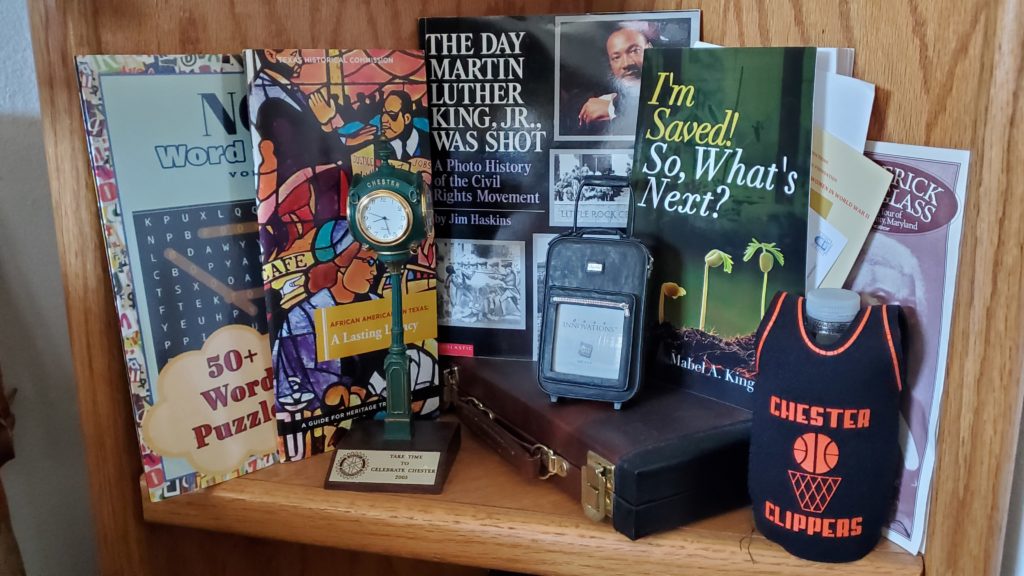
Where have you displayed your collection?
When people saw it they said, ‘Can you come to my church, can you come to my center?’ I’ve done it at colleges, in churches, in malls, I’ve done it around the tri-state area. I was schlepping it around, but people were happy and I was happy and the more I did it the better it was received and I started to have so much stuff that, depending on what they were asking me to exhibit, I could do it. And that’s how it kind of inadvertently got started. … When I was on the Delaware County Historical Society Board, one February they had a grant and so they asked if I would display my collection. And they asked the artist Van Buren Payne if he would display his artwork. So Van and I agreed and I had the bottom, he had the top, and I filled up 17 showcases. That (exhibit) was called “Enslavement to Enlightenment,” and that was one of the biggest events they had ever had.
Have you ever had any surprising moments when you’ve been researching or collecting history?
Yes, very, very pleasantly in most instances. I was doing volunteer work with another organization when I was approached by the Chester Housing Authority and Scribe Video Center (in Philadelphia; read our story about one of their oral history projects here) and ended up doing a documentary on Ruth L. Bennett (who ran a home in Chester for Black women and girls coming from the South during the Great Migration). I was (researching her in the archives at Widener University) because it turned out she was such a prominent figure but so many knew so little about her. And in looking for information on her, I turned the page to find my paternal grandmother staring up at me from the page. I did not know that my grandmother was an activist in the NAACP.
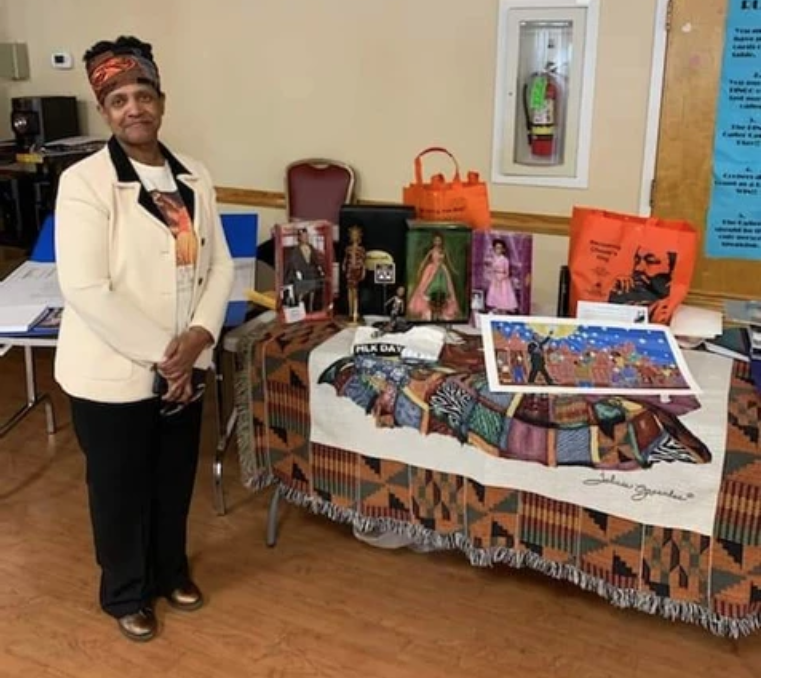
Then there’s Eloise Rothwell, she went to my church so I’ve known her since I was really little. One day I was on Facebook and something caught my eye. I responded, this gentleman and I started a conversation and next thing I know he’s asking me, “What’s your address?” He sends me documentation from his mother back to the 1940s when the initial desegregation of Chester schools was forming. In this documentation are these little slips, these little transfer slips, that were being submitted and lo and behold there’s Eloise Peterson, who then becomes Eloise Rothwell, requesting a transfer from one school to another.
And those are the kinds of things that kind of give you chills, but that’s what happens to me frequently with a lot of what is overlapping for me. The same gentleman that gave me that documentation posted another picture on (the Facebook page) “Chester PA Then and Now” and people were making comments about it and, long story short, he brought me the picture and named some of the gentlemen who are in it, and there’s a David Bobo. Well guess who that is? That’s my maternal grandfather. There you go. It keeps coming back to me. My ancestors are on me, like, keep going. And I just keep discovering things.
I’ve been able to avail myself of a lot of opportunities which have led to a lot of other opportunities and I just tell people, I’m just being led. And I don’t want to seem like, “Oooohhh, you’re being led,” but it’s just too many things that happen to me that cannot be coincidence. They just have to be planned. And it’s kind of like my course is laid out for me and I’m still discovering it.
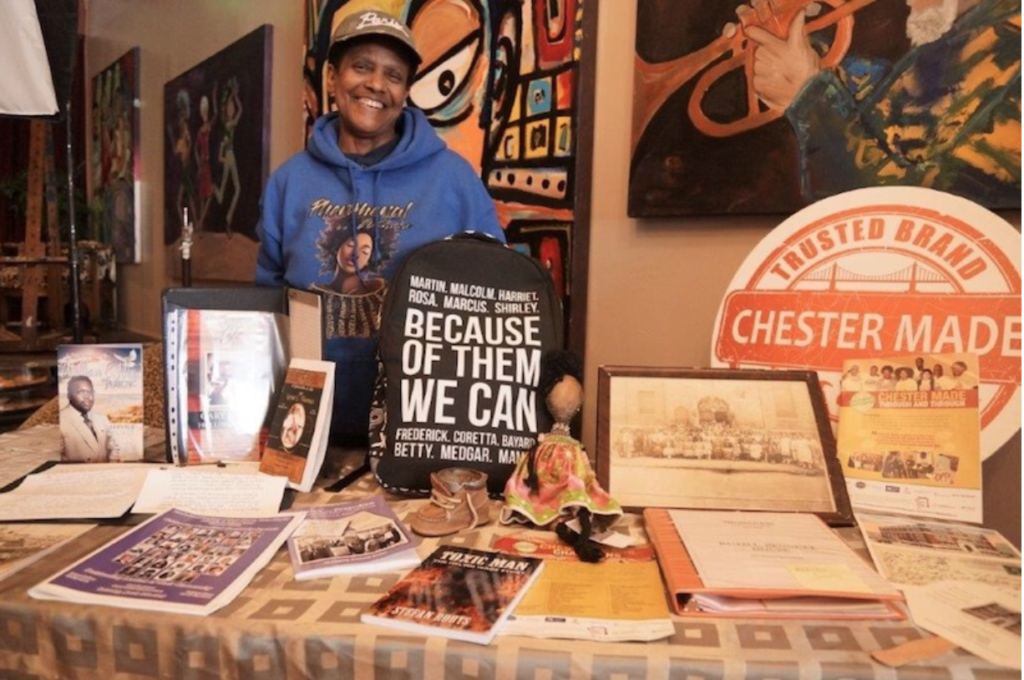
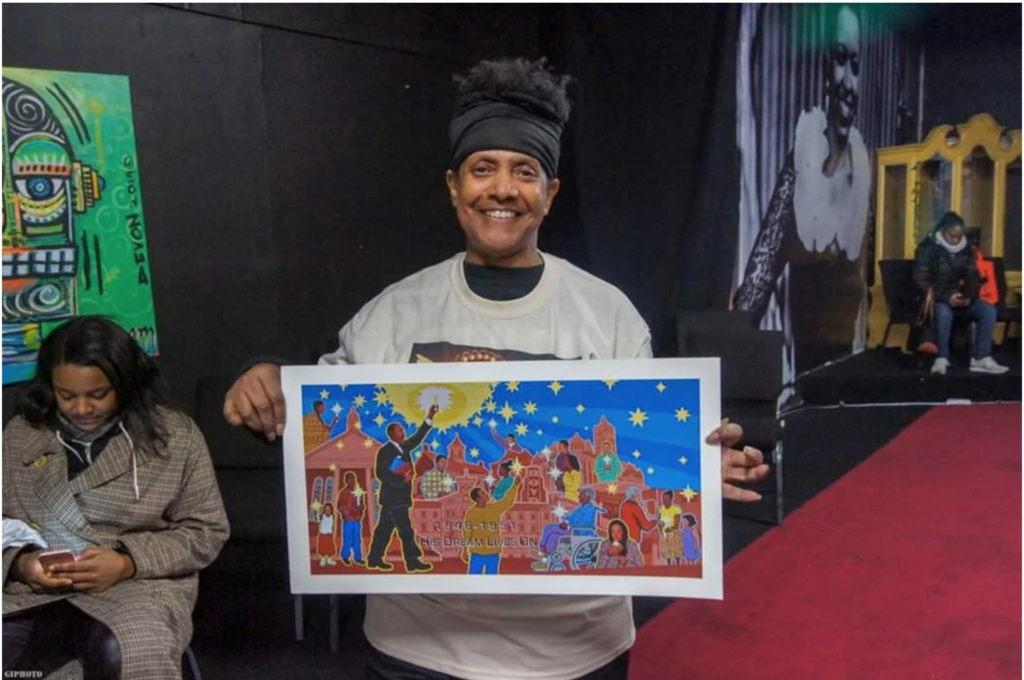
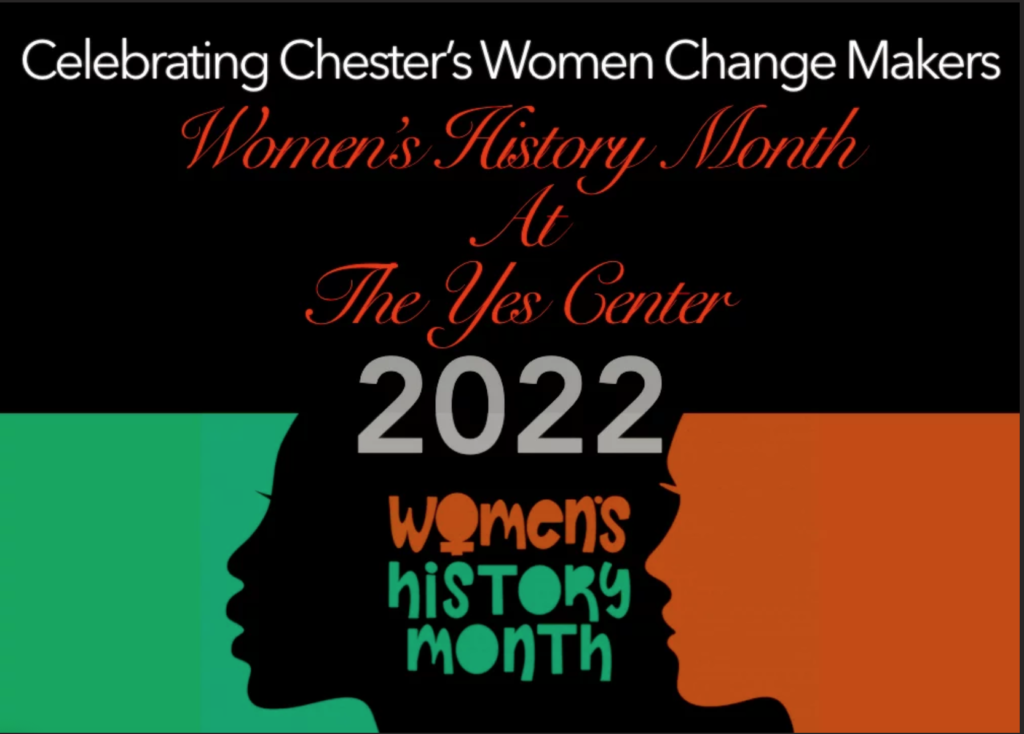
![[color – dark bg] PA SHARP FINAL FILES DB 72dpi [color - dark bg] PA SHARP FINAL FILES DB 72dpi](https://pahumanities.org/uploads/files/elementor/thumbs/color-dark-bg-PA-SHARP-FINAL-FILES-DB-72dpi-phgl7aimtfdpzt2rscvl43ksfv3asbbls19lsvuacw.jpg)
